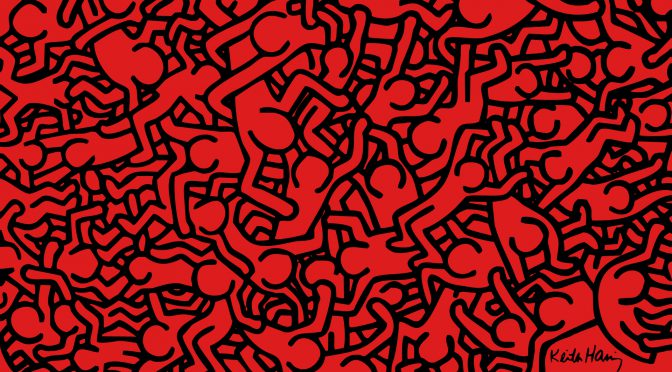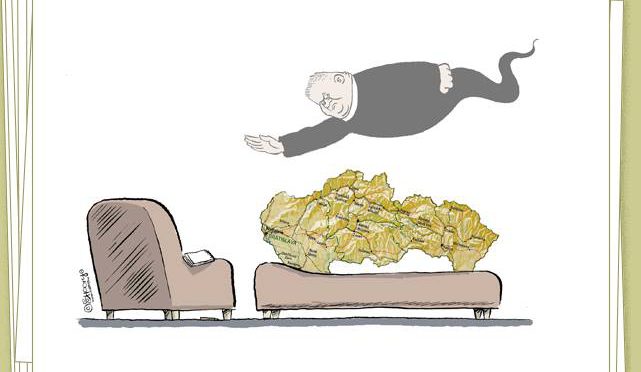Time & Venue:
- 15 December, 16.30-18.30: Room 212, FSV UK, Hollar Building, Prague;
- 16 December, 9.00-15.00: Conference room, CEFRES, Na Florenci 3, Prague
Organizers: Paul Blokker (FSV UK) and Nicolas Maslowski (Warsaw University), with CEFRES
Partners : Institute of Sociological Studies (FSV UK), Department of Historical Sociology (FHS UK), CEFRES and CCFEF UW—Center for French Civilization and Francophone Studies of Warsaw University
Language: English
Program
Thursday 15 December
Time: 16.30-18.30
Venue: Room 212, Hollar Building
Opening, keynote lecture: “CRITICALLY DIFFERING IN A COMMON CITY. Arts of human cohabitation and urban composition in a comparative perspective” by Prof. Laurent Thévenot.
Friday 16 December
Time: 9.00-15.00
Venue: CEFRES, Na Florenci 3
9:00 – 10:30 Panel 1
- Chair: Clara Royer
- Pavel Barša – “Sociology of Emancipation between unmasking and modelling
- Paul Blokker – “Justifications for Law in the Plural”
- Yuliya Moskvina – “Legality and legitimacy in the civil polity. Example of urban movements”
- Petra Beránková – “Justifying political activism in the Czech Republic: A battle over the right activism”
10:30-11:00 – Coffee break
11:00-12:30 Panel 2
- Chair: Paul Blokker
- Nicolas Maslowski, Warsaw University – “Love and justice in international relations”
- Simon Smith – “In search of argumentatively strong moments in newspaper-hosted online discussion”
- Olga Gherghiev, Charles University – “Exploring the sociological dimension of the World Trade Organization: how the norms are created”
- Csaba Szaló – “The role of aesthetics in the critical moment: From speech and concern to commitment”
12:30-13:30 Lunch break
13:30–15:00 Panel 3
- Chair: Nicolas Maslowski
- Dino Numerato – “Critical actors and criticized institutions: the case of football fan activism”
- Tereza Stöckelová – “Latourian variations: between sociology and arts”
- Jakub Mlynář – “Ethnomethodological roots of French pragmatic sociology (and their coalescent sprigs)”
- Ivana Rapošová (co-authored with Adam Gajdoš) – “Juggling Grammars, Translating Common-place: Justifying an Anti-Liberal Referendum to a Liberal Public”
- Adam Gajdoš – “Common-place lost or regained? Urban remembering of ethnic cleansing and the different ways it is made common and good”
See the abstracts of the speakers here
Abstract
French pragmatic sociology will be the main theme in the workshop on “French pragmatism and the renewal of contemporary sociology”, held on 15 and 16 December, and organized by the Institute of Sociological Studies (Faculty of Social Sciences), the Department of Historical Sociology (Faculty of Humanities), Charles University, Center for French Civilization and Francophone Studies (Warsaw University) and the French Research Center in Humanities and Social Sciences (CEFRES).
Pragmatic sociology – as a distinct, new type of French social science – probably became most well-known in the global academic community because of the publication in English of the landmark publication by Luc Boltanski and Laurent Thévenot, On Justification. Economies of Worth, in 2006 (original: 1991, Editions Gallimard). On Justification is, however, probably best understood as a ‘travail d’étape’ , an intermediate stage in a much larger and highly original social-theoretical enterprise, to which evermore scholars in a variety of disciplines contribute (e.g. historians, anthropologists, economists) in a range of research endeavours. The workshop will explore the fundamentals of this approach and the insights it has brought, and still brings, to contemporary sociological and interdisciplinary research. The upshot is to explore the rich potentialities of pragmatic sociology and to discuss its relevance and usage in Czech sociology.
Read the call for papers for the workshop.



